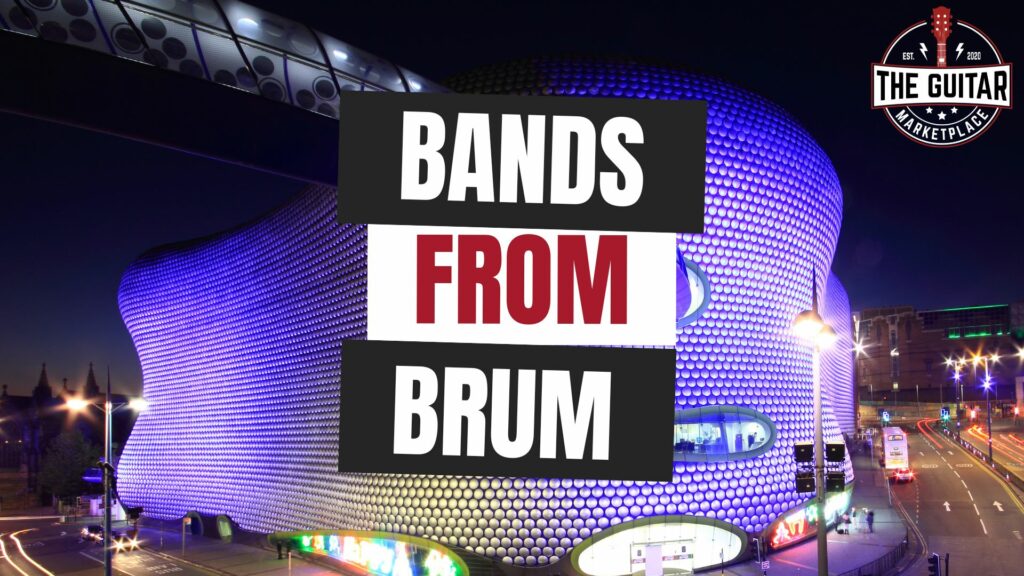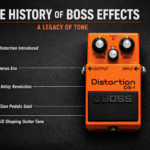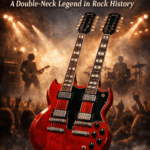Step right up, music lovers and curious cats alike! Welcome to the rollicking rollercoaster of rock, the bluesy bonanza, and the poppin’ paradise that is Birmingham, UK – where musical greatness blooms like daisies in a meadow!
Forget tea and crumpets; here in Brum, we’re all about riffing guitars and drum solos that could wake the dead. As we set off on this musical escapade, you’ll soon realize that Birmingham isn’t just a city; it’s a hotbed of hip-shaking, foot-stomping, hair-raising talent that has rocked the socks off the world!
From the good ol’ days of groovy vinyl records to today’s streaming playlists, Birmingham has been a musical dynamo that birthed some of the quirkiest and most outrageously gifted bands ever to grace a stage. We’ll take you on a whirlwind tour of their shenanigans – from wild gigs in dingy pubs to chart-topping anthems that’ll get you dancing in your PJs.
You think you know Birmingham? Oh, honey, you’ve barely scratched the surface. Prepare to meet the bands that gave the world more than just iconic tunes – they unleashed a whole new meaning to the word “eccentric.” Get ready to laugh, cry, and possibly question the sanity of some of these rock ‘n’ roll mavericks.
Get ready to be surprised as we celebrate the bands that prove this city is more than just black pudding and Brummie accents. Let’s dive headfirst into the riotous realm of the best bands to come out of Birmingham, UK! Your ears won’t know what hit ’em!
Just a preface, I will be including bands from the surrounding towns in this list.
IN NO PARTICULAR ORDER, LET’S BEGIN…
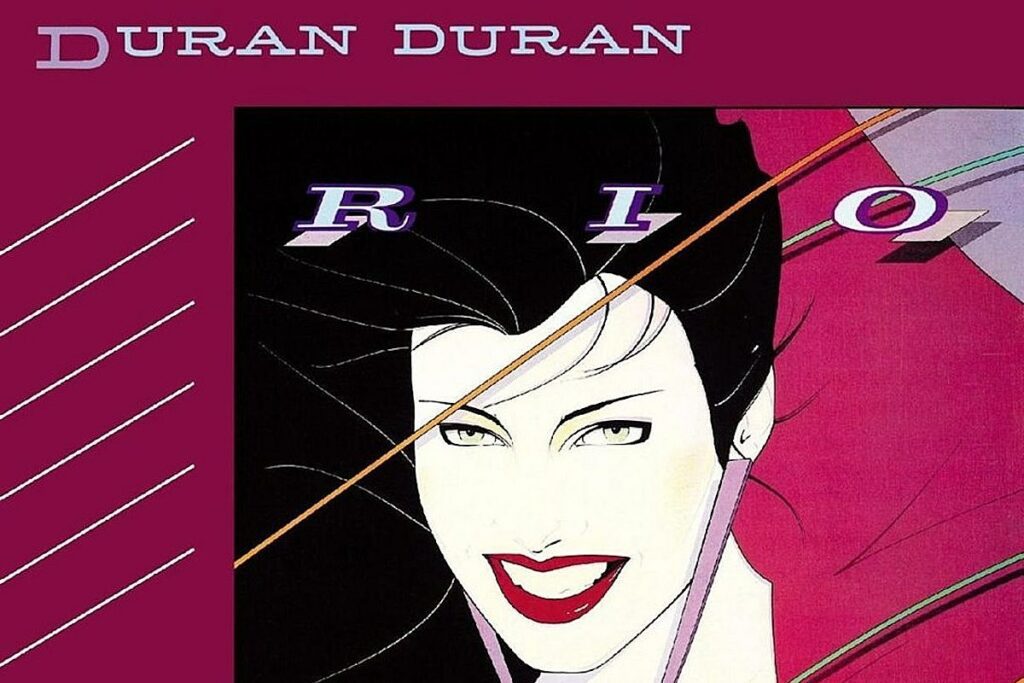
DURAN DURAN:
In the dazzling neon lights of the 1980s, there emerged a band that would forever redefine the landscape of pop music – Duran Duran. With their suave style, infectious hooks, and dreamy good looks, they quickly became heartthrobs and music icons of a generation.
The Fab Five, as they were fondly called, hailed from Birmingham, UK, and their artistry transcended the boundaries of time and space. Simon Le Bon’s distinct vocals, John Taylor’s groovy basslines, Nick Rhodes’ ethereal synth work, Roger Taylor’s dynamic drumming, and Andy Taylor’s blazing guitar solos formed the symphony that captivated millions.
Their meteoric rise to stardom seemed like a dream, with hits like “Hungry Like the Wolf,” “Rio,” and “The Reflex” propelling them to the top of the charts. But behind the glitz and glamour, Duran Duran faced their share of challenges, navigating the ever-changing music industry and enduring the scrutiny of media frenzy. Duran Duran are a band that really took control of the rise of MTV and music videos, spearheading them out of Birmingham, directly into the rest of the world.
Yet, through it all, their passion for music never waned. Their experimentation with genres, blending new wave, synth-pop, and rock elements, showcased their artistic brilliance. Duran Duran’s influence remains palpable in contemporary music, with countless artists paying homage to their legacy.
In the hearts of devoted fans and newcomers alike, Duran Duran remains a beacon of sonic artistry, a timeless reminder of the power of music to shape a generation and beyond. Their journey continues, with new chapters awaiting, as they prove that some bands are not just legendary – they are eternal.
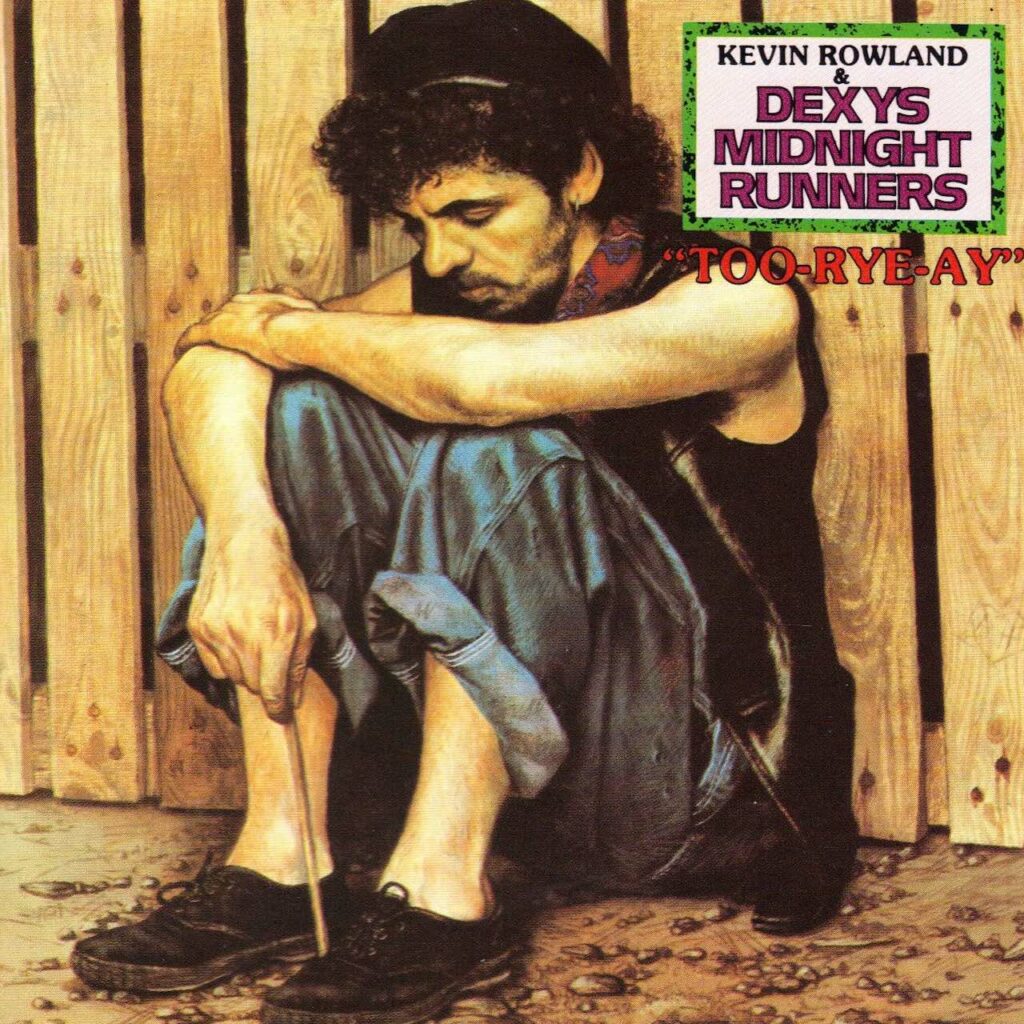
DEXY’S MIDNIGHT RUNNERS:
In the gritty streets of Birmingham, a band emerged in the late 1970s that would soon ignite a musical revolution – Dexy’s Midnight Runners. Led by the enigmatic and charismatic Kevin Rowland, they were a whirlwind of soul, punk, and Celtic influences that defied categorization.
Dexy’s Midnight Runners burst onto the scene with their debut album “Searching for the Young Soul Rebels,” a powerful blend of brass-infused anthems and thought-provoking lyrics. Their iconic hit “Come On Eileen” catapulted them to global fame, reaching the top of the charts and becoming an eternal dancefloor classic.
Famed for their distinctive fashion sense, wearing dungarees, hats, and an unapologetic sense of rebellion, Dexy’s were a breath of fresh air in the music world. Their music wasn’t just catchy; it was a call to arms for the misfits and dreamers. Their songs had a rawness that spoke to the struggles of working-class life, capturing the essence of the times with unapologetic authenticity.
But like many great bands, Dexy’s faced their share of turbulence, with lineup changes and creative struggles. Kevin Rowland’s unwavering pursuit of perfection and artistic vision led to tensions within the band, leading some members to depart. Yet, their passion for making music that resonated with the soul endured.
With every album, Dexy’s continued to push musical boundaries, exploring new genres and showcasing their versatility. Their 1982 album “Too-Rye-Ay” saw them infuse their sound with Irish folk influences, further solidifying their unique identity. The album’s single, “Come On Eileen,” won them the prestigious Best British Single at the Brit Awards in 1983, marking a pinnacle in their career.
To this day, Dexy’s Midnight Runners remain an emblem of musical purity, reminding us that it’s not about fitting in but standing out. Their anthems of hope, heartache, and resilience continue to echo across generations. With their timeless tunes and unyielding spirit, they continue to inspire artists, proving that sometimes, it’s the ones who dare to be different that leave the most profound impact on the world of music. Dexy’s Midnight Runners, with their inimitable sound and rebel hearts, will forever be etched in the tapestry of musical history.
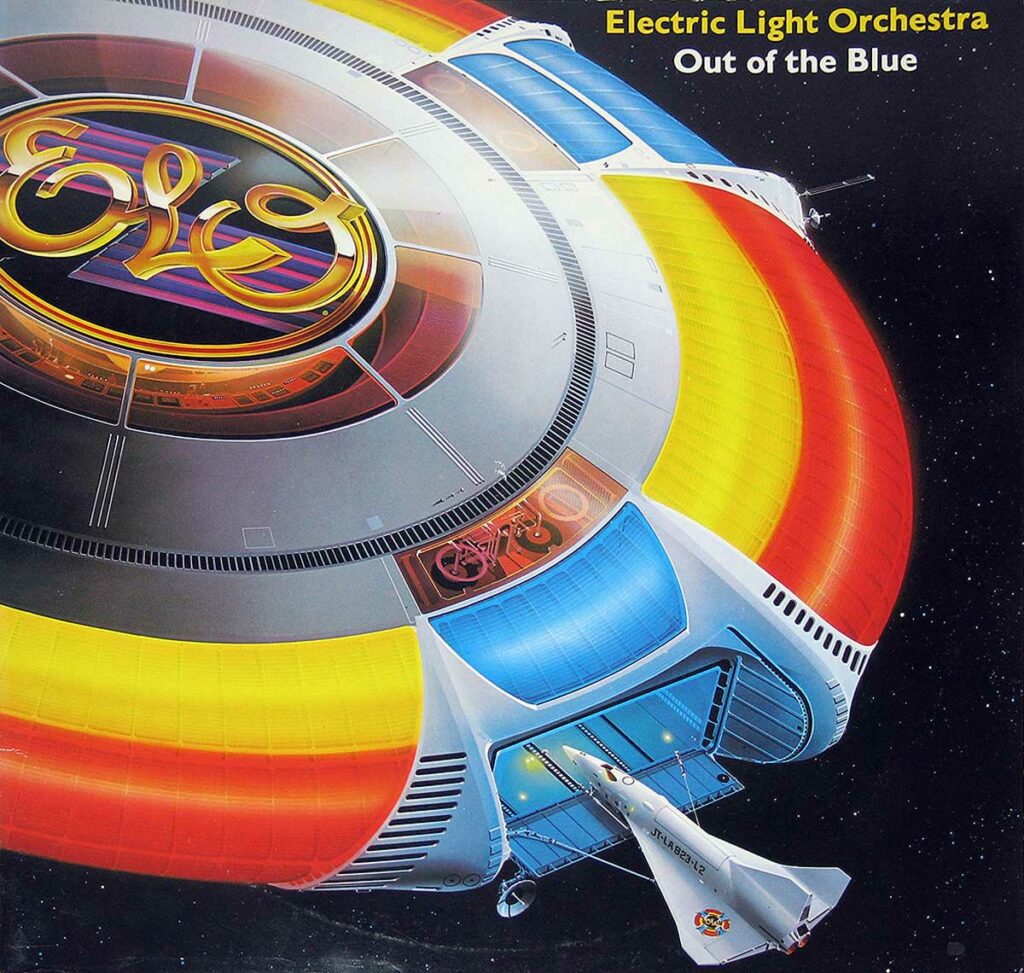
ELECTRIC LIGHT ORCHESTRA:
In the realm of symphonic rock, where classical elegance meets electric fervor, one band stands as a luminous beacon of musical brilliance – the Electric Light Orchestra (ELO). Formed in Birmingham, UK, in the early 1970s by the visionary songwriter and multi-instrumentalist Jeff Lynne, ELO’s fusion of rock ‘n’ roll with orchestral grandeur was nothing short of revolutionary.
Jeff Lynne’s singular vision and songwriting prowess propelled ELO to the forefront of the music scene. Their albums, adorned with cosmic artwork, took listeners on interstellar journeys, captivating minds and hearts with each celestial note.
With hits like “Mr. Blue Sky,” “Don’t Bring Me Down,” and “Livin’ Thing,” ELO’s symphonic soundscapes and infectious melodies dominated the charts, making them one of the best-selling bands of their time. The interplay of rock instruments with strings, synthesizers, and a heavenly choir elevated their compositions to a whole new level, earning them a dedicated fan base that spanned continents.
ELO’s live performances were legendary spectacles, blending rock concert energy with a full orchestra and a spaceship-themed stage setup. Jeff Lynne’s charismatic presence and the band’s impeccable musicianship made every concert an otherworldly experience.
Despite changes in the lineup and the ebb and flow of the music industry, ELO’s legacy endured. Their innovative sound has influenced countless musicians across genres, leaving an indelible mark on the world of rock and orchestral music.
After a brief hiatus, Jeff Lynne’s ELO made a triumphant return to the stage and studio in the 21st century, delighting fans with the timeless magic of their music once again.
Electric Light Orchestra remains a shining testament to the power of musical ingenuity, proving that when rock ‘n’ roll embraces the symphony, the result is a harmonious alchemy that continues to enchant generations. ELO’s legacy will forever illuminate the annals of rock history, reminding us that the fusion of imagination and talent knows no bounds.
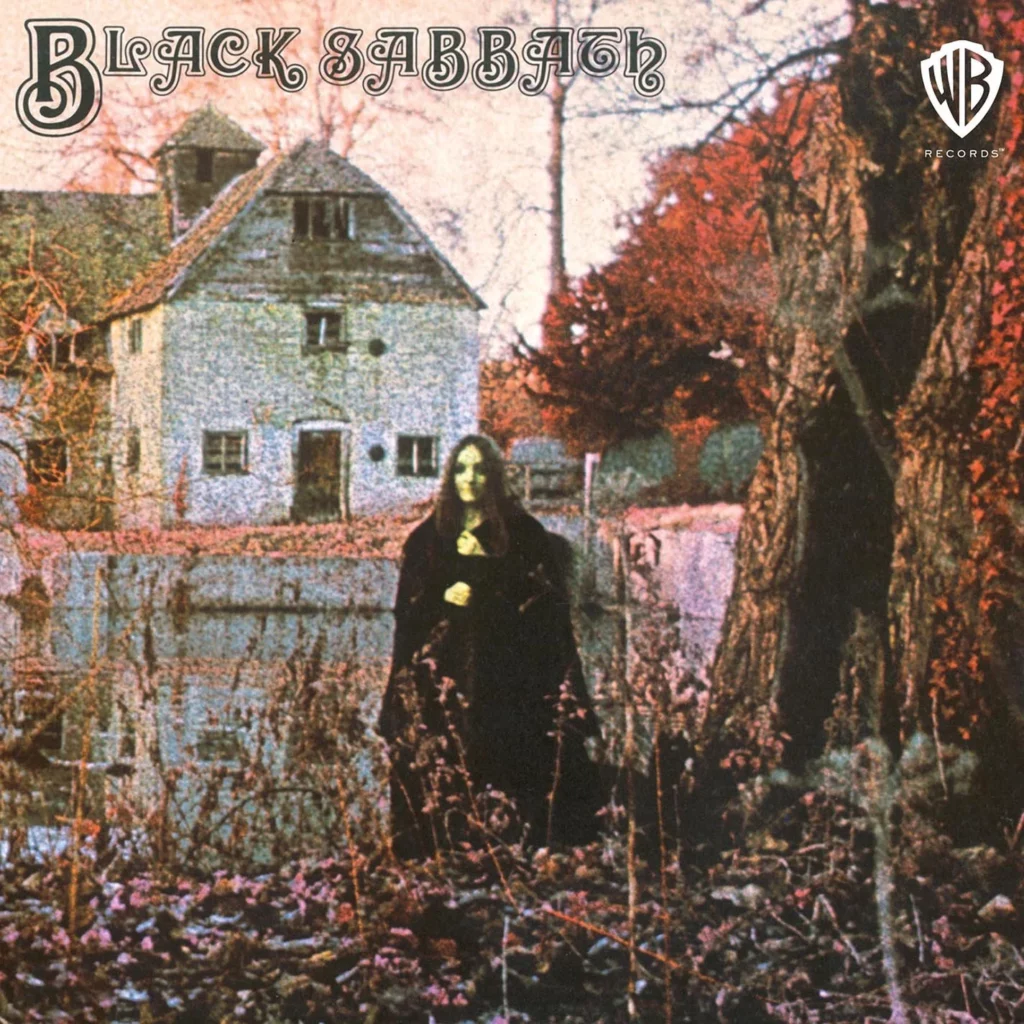
BLACK SABBATH:
In the dark and desolate alleys of Birmingham, a musical storm brewed in the late 1960s that would go on to birth a genre and shape the very essence of heavy metal – Black Sabbath. With their earth-shattering riffs, haunting lyrics, and a stage presence that sent shivers down spines, Black Sabbath emerged as the pioneers of a sound that would resonate with rebels, outcasts, and lovers of the macabre.
Formed by guitarist Tony Iommi, bassist Geezer Butler, drummer Bill Ward, and the inimitable voice of Ozzy Osbourne, Black Sabbath’s music delved into the darker realms of human existence, conjuring tales of horror, war, and the supernatural. Their self-titled debut album, released in 1970, was a thunderous revelation that shook the music world to its core.
The ominous sound of thunder, the tolling of bells, and Iommi’s heavy guitar riffs created an atmosphere that was unlike anything heard before. Their follow-up albums, including “Paranoid” and “Master of Reality,” solidified their status as metal legends, setting the stage for an entire genre that would carry their torch for decades to come.
Black Sabbath’s influence extended far beyond music. Their imagery and lyrical themes birthed the gothic aesthetic, while their relentless pursuit of creative expression inspired countless bands to explore the darker, heavier side of rock.
Despite internal struggles, lineup changes, and the challenges of fame, Black Sabbath’s spirit endured. Their farewell tour in 2017 marked the end of an era, but their legacy remains immortal. Their music continues to reverberate across time, inspiring new generations of headbangers and keeping the fire of heavy metal burning bright.
Black Sabbath’s journey stands as a testament to the power of raw, unapologetic music and the indomitable spirit of four young lads who dared to defy the norm. From the industrial heart of Birmingham to the farthest reaches of the metal universe, Black Sabbath’s legacy will forever echo as a harbinger of darkness and a beacon of musical revolution.
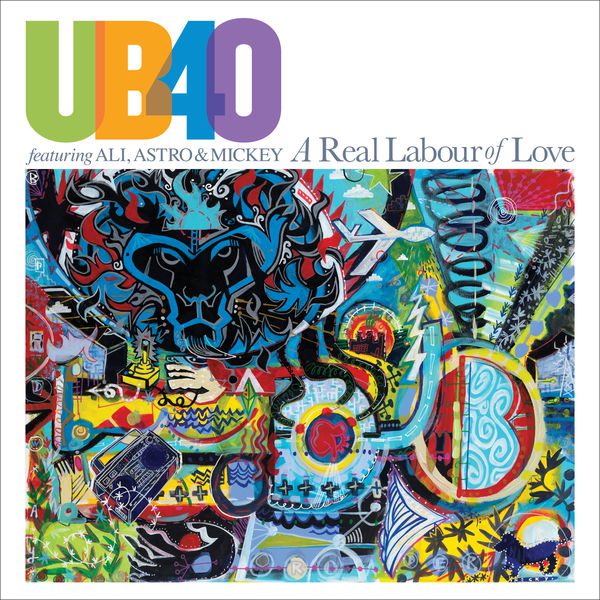
UB40
In the vibrant city of Birmingham, another musical sensation took root in the late 1970s, fusing reggae rhythms with soulful melodies – UB40. Named after the UK government’s unemployment benefit form, UB40’s music became a call for social consciousness and a celebration of unity, making them one of the most iconic reggae bands in the world.
Formed by a group of friends from various cultural backgrounds, UB40’s multicultural lineup added a unique flavor to their music. Led by the charismatic Ali Campbell on vocals, Robin Campbell on guitar, and a talented ensemble of musicians, UB40’s distinctive sound embraced reggae, ska, and pop, creating an infectious blend that transcended borders.
Their debut album, “Signing Off,” released in 1980, struck a chord with audiences, highlighting the struggles of the working class and the disenfranchised. Hits like “One in Ten” and “Food for Thought” cemented their reputation as not just musicians but also as social commentators.
UB40’s rise to global stardom was unstoppable, with chart-topping albums like “Labour of Love” and “Promises and Lies.” Their renditions of classic reggae tunes, including “Red Red Wine” and “Kingston Town,” became anthems of love and togetherness that resonated across generations.
Through the years, UB40 faced their share of challenges, including internal tensions and lineup changes. Yet, their commitment to spreading messages of love, unity, and political awareness remained unwavering.
UB40’s music served as a bridge between cultures and ideologies, proving that music has the power to unite hearts and break down barriers. Their enduring legacy has influenced musicians worldwide and continues to inspire a new era of reggae enthusiasts.
From the streets of Birmingham to the stages of arenas and festivals worldwide, UB40’s spirit of inclusivity and their distinctive reggae sound continues to reverberate. Their music remains a timeless testament to the beauty of diversity, leaving an indelible mark on the world of reggae and beyond. UB40’s legacy as the ambassadors of reggae is a testament to the power of music in bringing people together under the banner of love and harmony.

